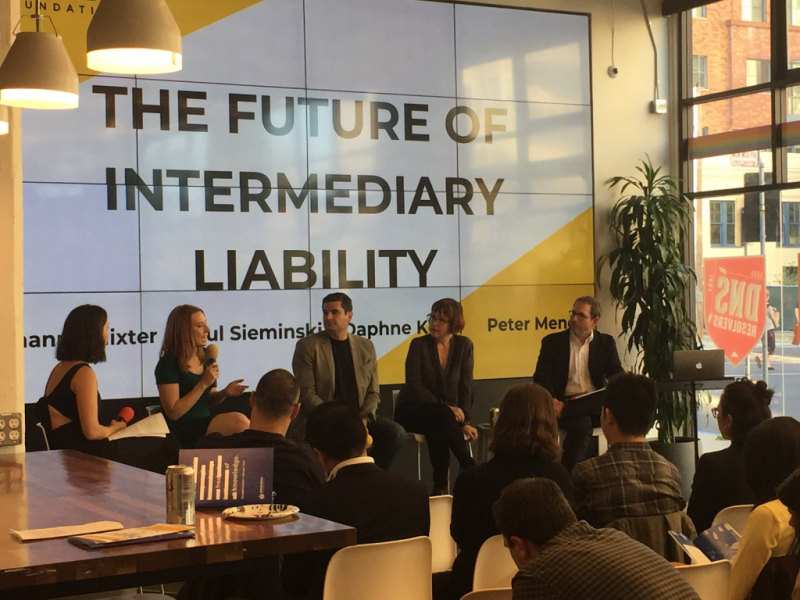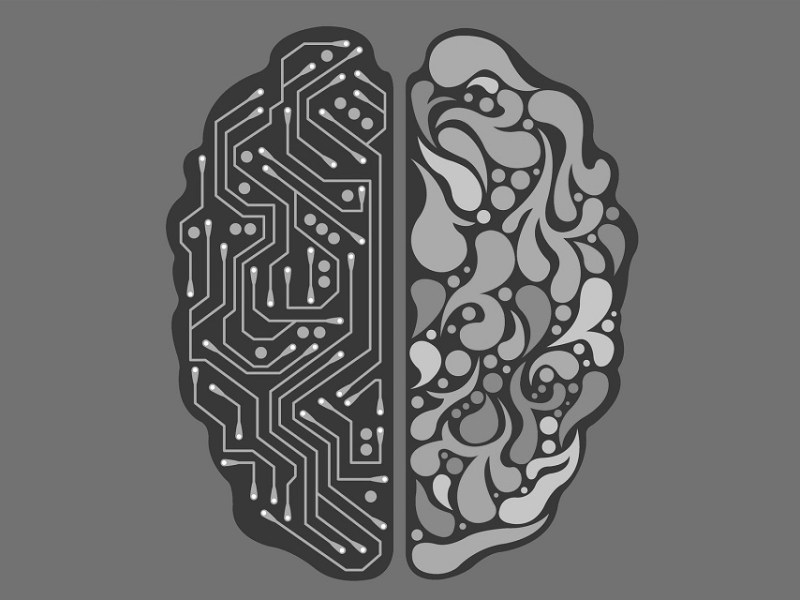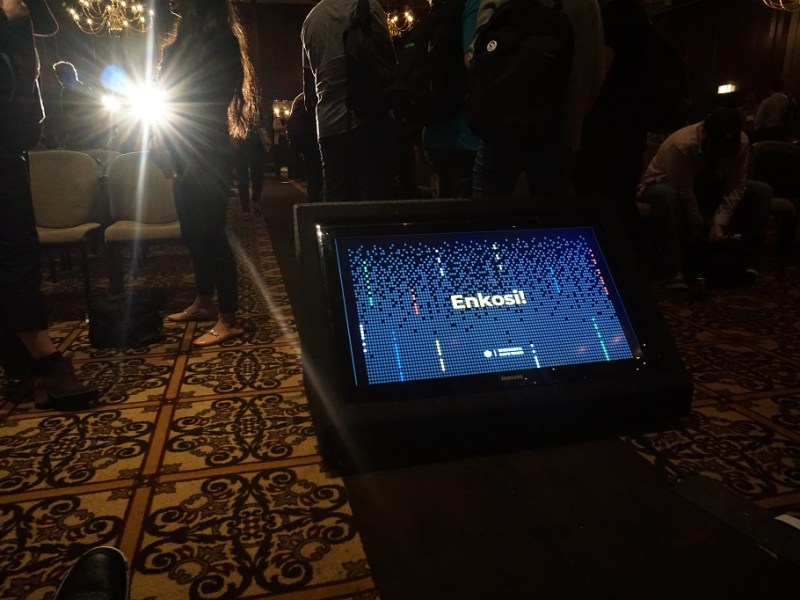
EventStreams updates: You can now find new events, composite streams, and historical timestamp subscription
Last year, we released the EventStreams service. This service allows anyone to subscribe to recent changes to Wikimedia data. At the time, we only had one stream of data available: RecentChanges. RecentChanges is a stream of Wikimedia change events (e.g. recent edits to pages in Japanese Wikipedia). External developers can consume this stream to create tools or….

The anatomy of search: A token of my affection
A galloping overview To start, let’s get a bird’s-eye view of the parts of the search process: text comes in and gets processed and stored in a database (called an index); a user submits a query; documents that match the query are retrieved from the index, ranked based on how well they match the query,….

A new visualization uses Wikipedia pageview data to map celebrity deaths
Last year, the data visualization website The Pudding mapped out Miles Davis’ legacy by sorting through every Wikipedia page that mentioned the jazz legend. It was just one of dozens of visualizations that have been built on Wikipedia data over the past decade. This week, The Pudding released a new visualization that examines Wikipedia pageview increases….

Wikimedia panelists tackle the future of intermediary liability
When should companies that run websites be required to delete what you post online? At Wikimedia’s 11 July summer legal fellow panel, “The Future of Intermediary Liability,” legal scholars and practitioners discussed the rules for when and how online platforms are held legally responsible for what their users contribute. Under Section 230 of the 1996….

Wikimedia joins Partnership on AI to promote more equitable use of intelligent systems
The Wikimedia Foundation has joined the Partnership on AI, an organization that brings together academics, researchers, civil society organizations, companies building and utilizing AI technology, and other groups working to better understand AI’s impacts. The Partnership on AI brings together both commercial and nonprofit organizations to study and formulate best practices on AI technologies. Their….

‘Unfrogettable’ picture of the year announced
Whichever frog pun (or caption) you choose to label it with, the photo above is this year’s Wikimedia Commons picture of the year. It features two Phyllomedusa rohdei, frogs endemic to Brazil, with one stepping on the other’s head, seemingly reaching for something just out of the frame. The photo was taken by biologist Renato Augusto….

Farhad Fatkullin named Wikimedian of the Year for 2018
In the closing ceremony of this year’s Wikimania, held in Cape Town, Wikipedia founder Jimmy Wales announced Farhad Fatkullin as the Wikimedian of the year for 2018. Fatkullin was selected for his efforts in support of the minority language communities in Russia. “Farhad is energetically community organizing among Russia’s minority language communities,” said Wales, “going far and wide beyond his….

Community digest: Virtual exhibitions help make Estonian artworks accessible to everyone; news in brief
While Estonian museums hold nearly nine million items, only 3.5% of them are displayed in exhibitions. The case isn’t significantly different in other countries: museums have a limited display space and can only open up a fraction of their collections to the public at some occasions. Much of the preserved items may even never leave….

Wikimedia Foundation announces Tanya Capuano as new Trustee, alongside leadership appointments at 14th annual Wikimania
This week, the Wikimedia Foundation announced a new member and leadership appointments to its Board of Trustees. Tanya Pine Capuano, recently Chief Financial Officer of the digital marketing company G5 in Bend, Oregon, will be the newest member of the Board of Trustees. The Board also appointed María Sefidari as Chair, and Christophe Henner as….

Wikipedia volunteers and free knowledge leaders gather in Cape Town for the first annual “Wikimania” conference in sub-Saharan Africa
More than 700 attendees from nearly 80 countries gathered today for the start of Wikimania 2018—the annual conference celebrating Wikipedia and the Wikimedia projects, the Wikimedia free knowledge movement, and the community of volunteers who make them possible. This marks the 14th annual Wikimania, which takes place 18–22 July at the Southern Sun Cape Sun….

Help us unlock the world’s knowledge.
As a nonprofit, Wikipedia and our related free knowledge projects are powered primarily through donations.